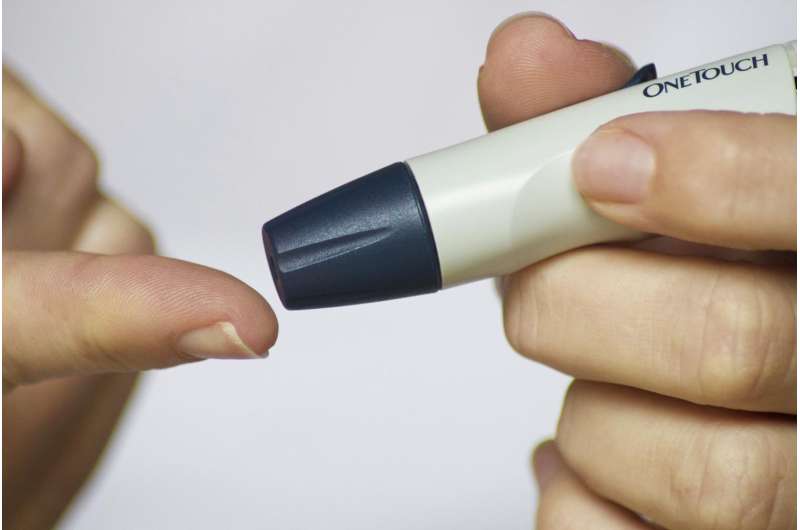Innovative Drug Targets Liver Tissue Structure to Combat Alcohol-Related Liver Damage

A novel cyclophilin inhibitor shows promise in reversing liver fibrosis caused by alcohol, using human tissue models to pave the way for new therapies in alcohol-related liver disease.
Researchers from King's College London's Roger Williams Institute of Liver Studies have developed advanced 3D models using human liver tissue to explore a promising new treatment for alcohol-related liver disease (ALD). They focused on a drug known as a cyclophilin inhibitor, which shows potential in reversing liver fibrosis—the accumulation of scar tissue that causes the liver to stiffen and lose function.
In their study, liver tissue samples were obtained from patients undergoing surgery to remove tumors, providing a realistic model of human liver pathology. These samples were exposed to alcohol in laboratory conditions to simulate liver damage caused by excessive drinking. The team then applied the cyclophilin inhibitor to observe its effects.
Results demonstrated that the drug effectively halted the buildup of structural proteins responsible for tissue stiffening. It achieved this by reducing fibrosis and enabling the liver tissue to remodel itself back toward a healthier state. Further investigations focused on stellate cells, which are key drivers of fibrosis. By activating these cells in vitro and treating them with the drug, researchers observed significant changes in the production of structural proteins, leading to a reshaping of tissue architecture.
The significance of these findings lies in the fact that the study utilized human-derived tissues, making the results highly relevant for future clinical applications. Currently, there are no approved therapies specifically for alcohol-induced liver fibrosis, and patients are often excluded from clinical trials. This research highlights the potential of cyclophilin inhibitors as a new therapeutic avenue, encouraging further development and testing in human trials.
Published in the British Journal of Pharmacology, the study underscores the importance of multidisciplinary collaborations in advancing liver disease research. The findings could pave the way for more effective treatments targeting the underlying mechanisms of fibrosis, ultimately improving outcomes for individuals suffering from ALD.
Source: https://medicalxpress.com/news/2025-08-drug-reshapes-tissue-architecture-alcohol.html
Stay Updated with Mia's Feed
Get the latest health & wellness insights delivered straight to your inbox.
Related Articles
Alarming Rise of Type 2 Diabetes Among Young New Zealanders Sparks Health Concerns
New Zealand faces a health crisis with a rising number of young people developing type 2 diabetes. This early-onset form of the disease is linked to obesity, social inequality, and lifestyle factors, challenging health systems and requiring urgent, coordinated action.
Potential Benefits of GLP-1 Receptor Agonists in Managing Idiopathic Intracranial Hypertension
New research suggests that GLP-1 receptor agonists may improve outcomes in patients with idiopathic intracranial hypertension, offering a potential new treatment approach.
New Mapping Indicates India Faces the Largest Long-Term Impact from Chikungunya Virus
Recent research reveals that India faces the highest long-term impact from chikungunya, with extensive mapping predicting millions at risk and highlighting the urgent need for targeted prevention strategies.
Innovative One-Time Gene Therapy Offers Hope for Rare Blood Disorder Patients
Research at UCLA has developed a groundbreaking one-time gene therapy that could potentially cure alpha thalassemia major, a severe inherited blood disorder, offering hope for a lifelong cure.



